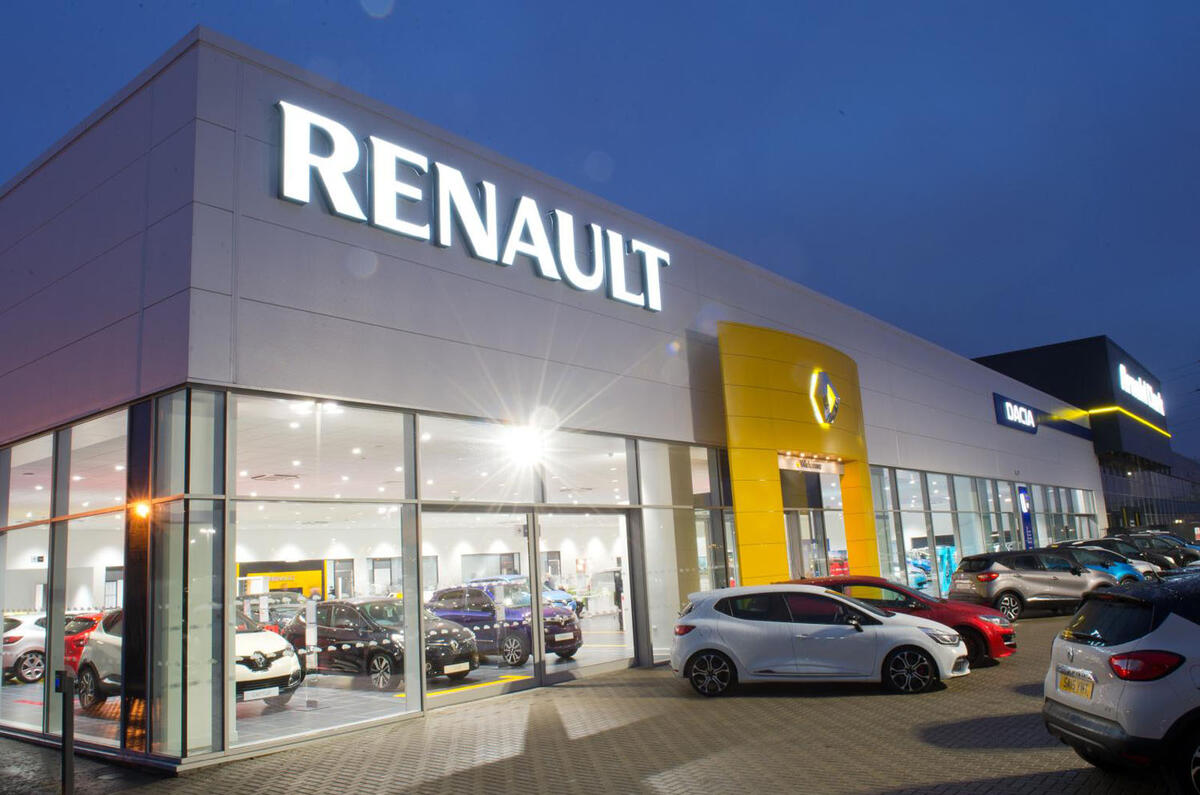PCP or Personal Contract Purchase deals are becoming an increasingly popular way for British motorists to run brand new cars.
With attractive down payment and monthly rates, PCP deals can often work out as the most cost effect way to land yourself with the latest model.
We run through seven key pointers you should follow to make sure you get the most from a PCP agreement.
1. Always work out the entire cost of the plan, including not just what you’ll be paying each month but also the deposit. Remember also that PCPs frequently last for as little as two years or as long as four.
2. The size of the initial deposit and amount paid each month are inextricably linked; the less you pay for one, the more you’ll pay for the other. Make sure that the plan you choose is the right one for you.
3. Companies offering PCPs must also allow you to buy the car outright at the end of the contract period and for a sum agreed at the time of the contract guaranteeing its future value. However, this has the effect of turning the PCP into a hire purchase (HP) agreement and, in such cases, it may be cheaper and better to take out an HP plan instead.
4. Beware excess mileage charges. Have a good idea about how many miles you’re likely to drive each year, and if the plan doesn’t cover that with space to spare, take care. PCP companies make a huge amount of money from people who don’t have a realistic approach to mileage and then get clobbered for every additional one they cover.
5. Check what is and isn’t covered. Most include road tax and some include servicing. Few include wear and tear. How much will it cost you if you return the car with scratched paint or damaged alloy wheels.
6. Remember that if you plan to keep the car, or even want to retain that option, it may still make more sense to buy it outright if you can afford to, especially with lending rates at their current historic lows.
7. As in all important deals, don’t be seduced by the idea of a shiny new car wearing the latest plate until you have done all the maths, checked the small print and made sure the deal makes sense for you.





Join the debate
Add your comment
Anecdotal knowledge
PCP deals
Cash is still king
Because you could knock more than £2500 off the price off the car. Also, if you had the cash and you'd be surprized how many people do, 0% doesn't make that much difference.
Cash or PCP?
Wrong
Cash is still sort of king
You are 100% right about the deposit contributions - the finance house will provide you with a discount on top of whatever you can negotiate with the dealer. However the fact remains that PCP interest rates are still generally at 5-6% or higher - this is quite a lot to pay for a loan, and certainly more than you can guarantee returning on a low risk investment. The optimal path is to take out the full PCP package - and then pay it off straight away if you have the cash to do so - there is nothing stopping you doing this - and the finance company is not allowed to penalise you for doing it. That way you get the advantage of the deposit contribution, and avoid getting stung for the PCP loan.
Excess mileage charge on most